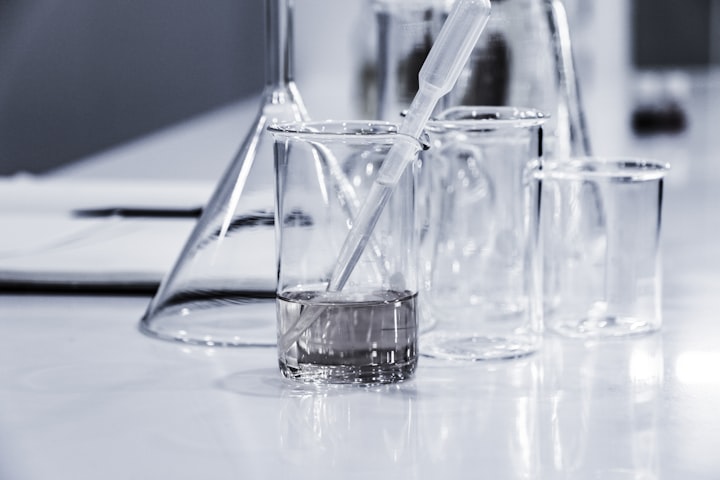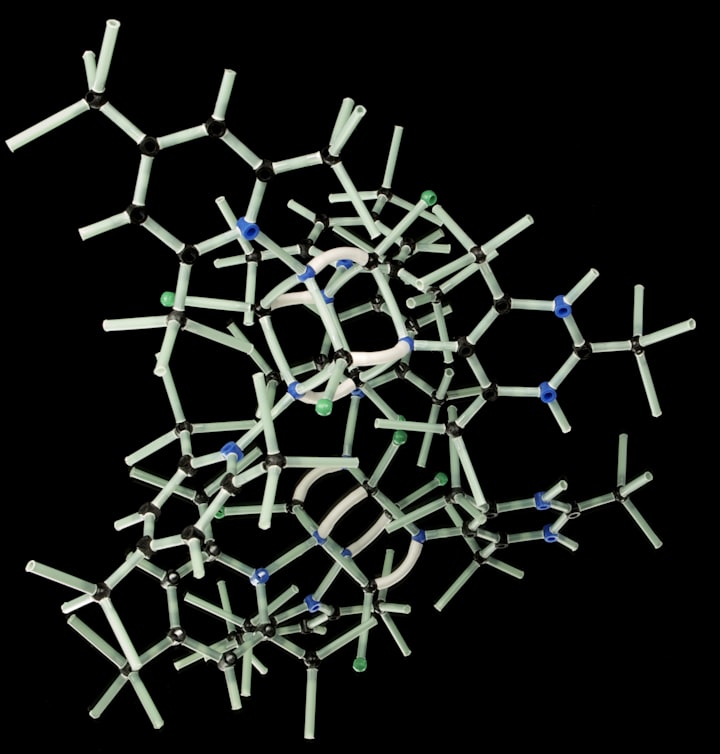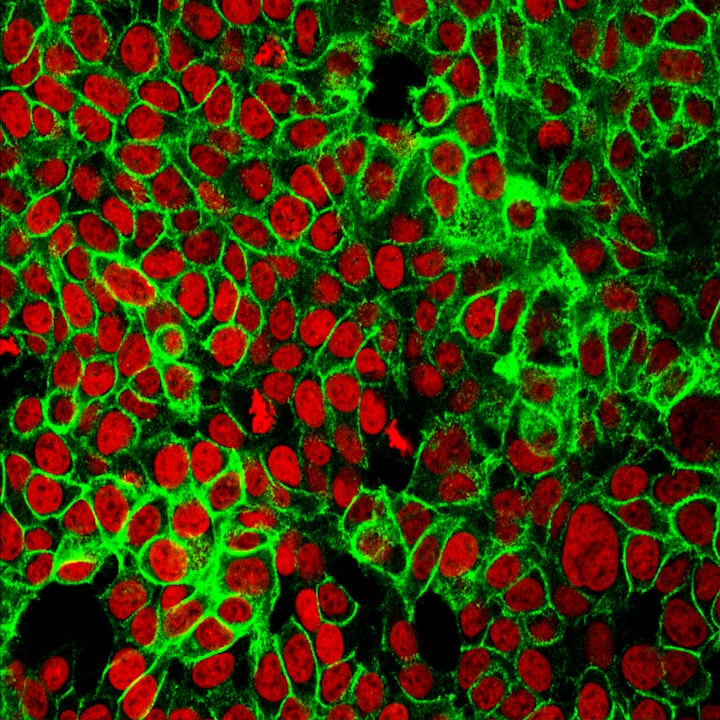Why Does Tap Water Make Noise When Changing Temperature?
Discover why tap water makes noise when changing temperature due to the difference in water viscosity in the plumbing system.

When you turn on the tap and wait for the water to heat up, have you ever noticed that you can hear the sound of the water changing temperature?
It's not just your imagination.
There's a scientific explanation behind this phenomenon.
The Physics of Sound
Sound is essentially a vibration that travels through a medium, such as air or water, as a wave.
Visiting the plumbing system, this can provide insights into why tap water can make noise when changing temperature.
When you change the temperature of tap water, you are also altering its viscosity, or resistance to flow.
To put it simply, hot water is less viscous than cold water.
This means that as the water temperature changes, so does its physical properties, affecting the way it flows through the plumbing system.
Viscosity and Flow
As the hot water starts flowing through the pipes, its lower viscosity allows it to move more easily compared to the cold water.
This change in flow rate results in vibrations within the pipes, generating the unique sound that you can hear when the water temperature changes.
The varying viscosity causes the water to move through the pipes differently, creating audible vibrations that reach your ears.
Obstruction Effects
The sound of changing water temperature can also be amplified by any obstructions or irregularities in the plumbing system.
These disruptions to the flow of water can further accentuate the sound as the water temperature shifts.
The combined effect of varying viscosity and obstructions leads to the distinct noise associated with changing tap water temperature.
So, the next time you notice the sound of tap water changing temperature, you can attribute it to the fascinating interplay between physics and plumbing.
The change in viscosity and flow, coupled with any obstructions in the plumbing, influences the sound that reaches your ears.
It's a simple yet intriguing example of how science is at work in the most ordinary experiences.






